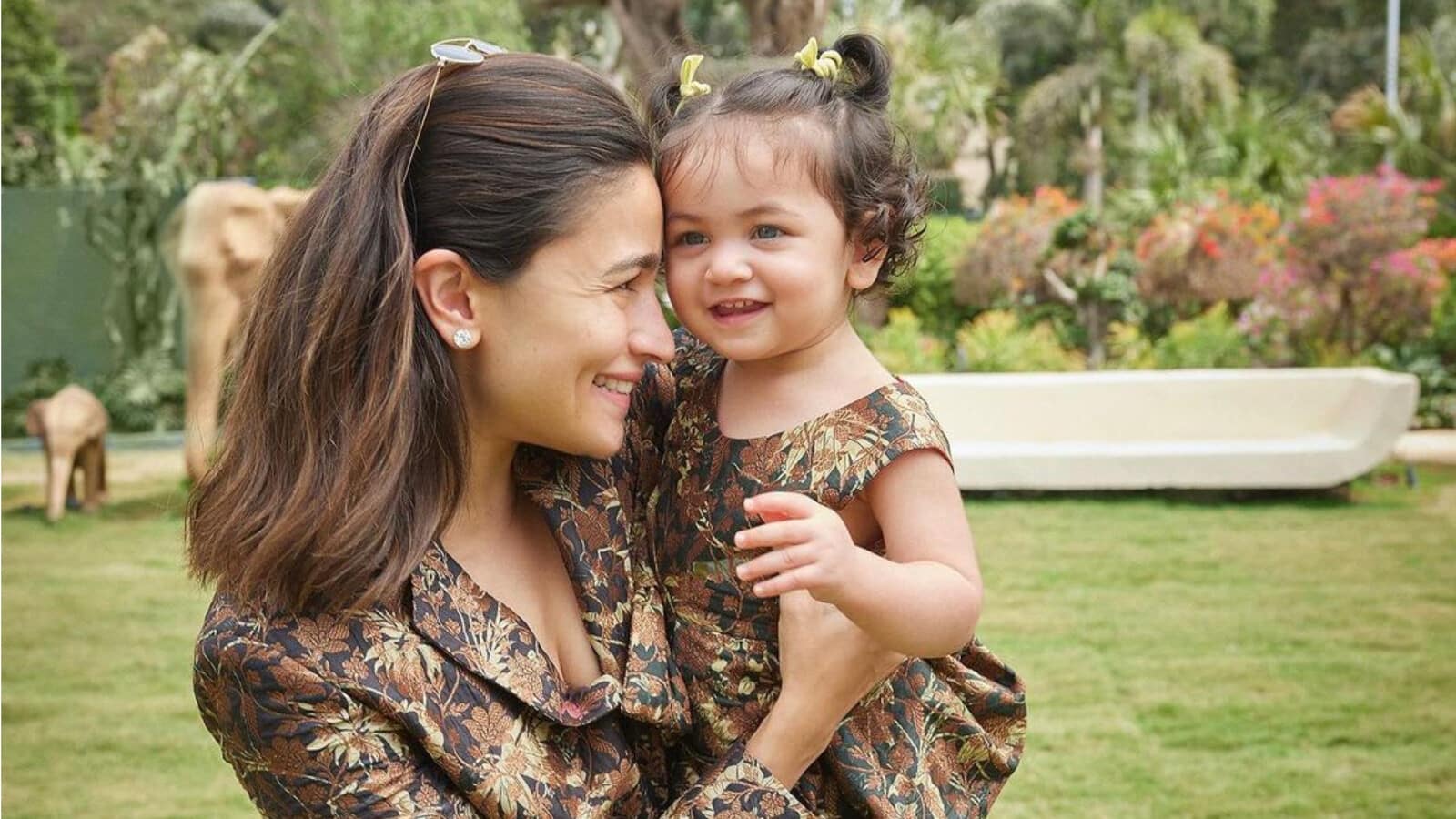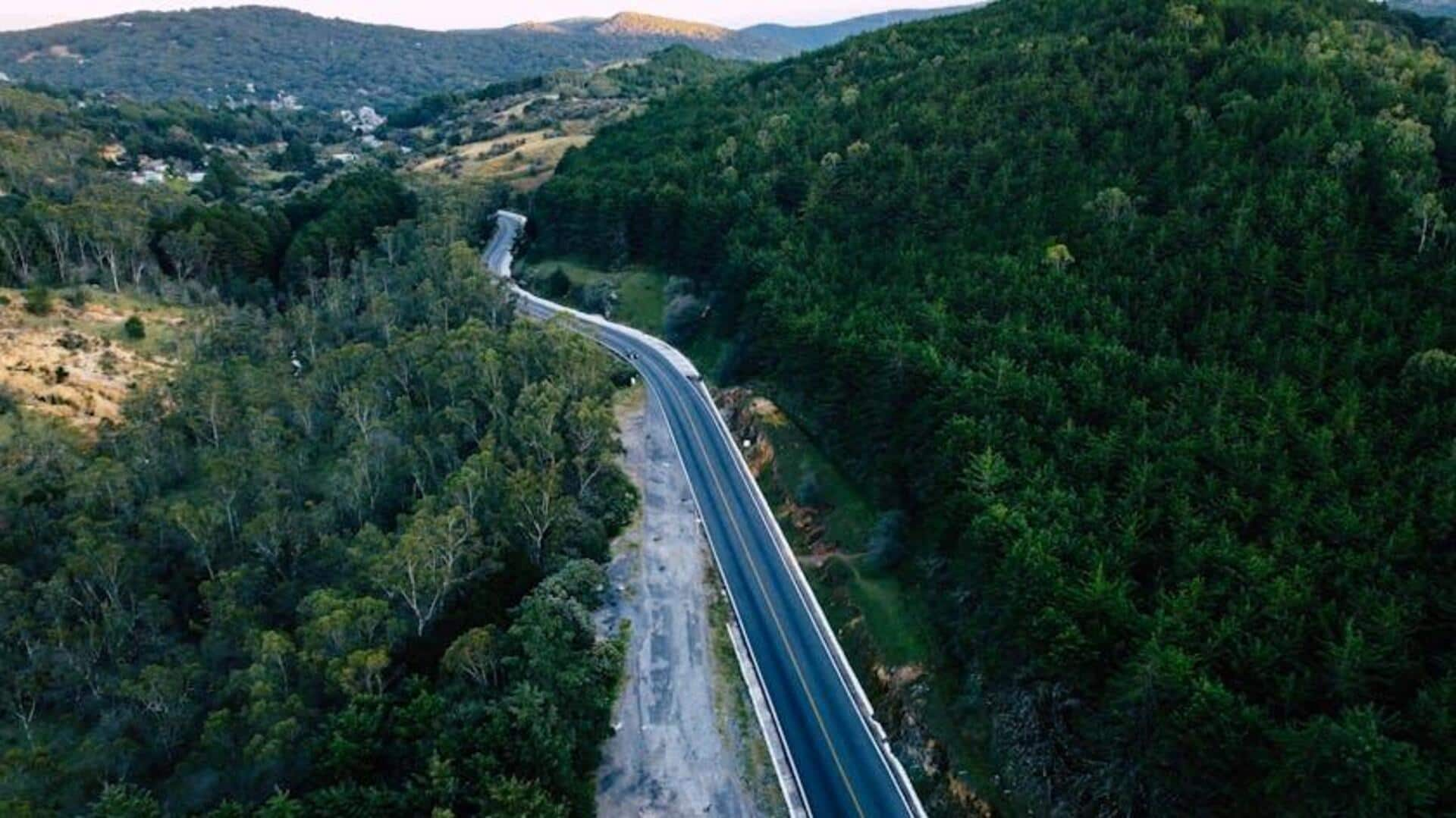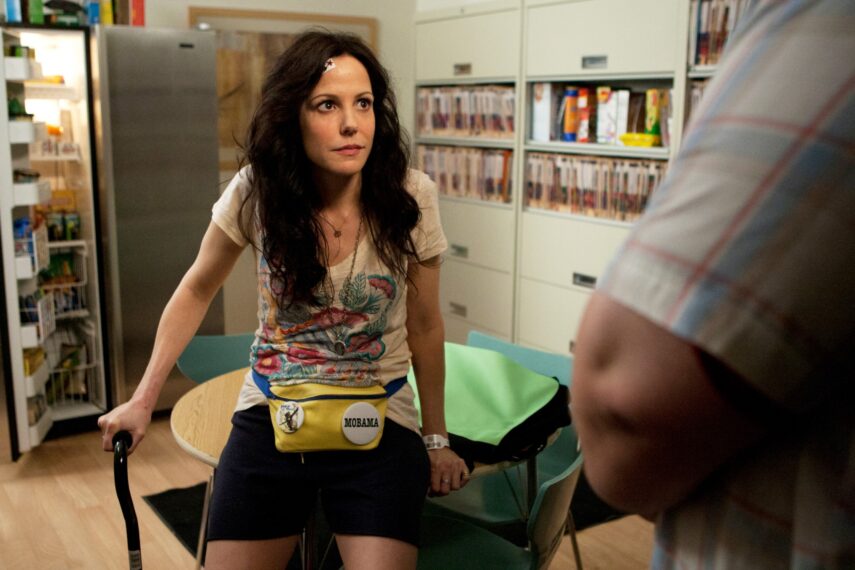Dustin Tester of Maui Surfer Girls initially thought setting a $50,000 goal on her GoFundMe page to raise funds after the Aug. 8 Maui wildfires was “too much of an ask.” However, just three months later her ask surpassed $140,000.
The outpouring of financial support through donations in the days and weeks after the wildfires was tremendous and came from various sources, small to large — through small individual checks, dozens of GoFundMe accounts, the People’s Fund of Maui launched by celebrities Oprah Winfrey and Dwayne Johnson, or millions channeled through the Hawaii Community Foundation. Approaching a year since the disaster, it may be impossible to know with certainty what all the donations amount to. GoFundMe’s Wildfire Relief Fund, which has facilitated over 2,000 immediate-relief grants to those affected by the fires and supported local nonprofit organizations on the ground, has raised $1.

3 million. But the website reported that within the past year more than $65 million has been raised through pages set up on the platform to directly help victims affected by the Maui wildfires from donors around the world. “Seven of my 12 team members lost their homes, so of course I rallied and had a GoFundMe page up within 24 hours of the fires,” Tester, 51, said.
The surfing school and camp, which has been serving tourists and locals for nearly 25 years, has had most of its team members as part of the family for a decade. While seven staff members lost their homes, the remaining five lost their jobs because Maui Surfer Girls had to close its business. More than $120,000 of the donations went to help Tester’s staff members, and the remaining funds are allocated to scholarships for the surfing camps hosted by the surf school.
Tester said it was also important to allocate a portion of the donations toward scholarships for surfing camps because, since the fires, business has been slow. If she cannot attract clients, it would have a domino effect, potentially leading to layoffs of her instructors, which she hopes to avoid. Overwhelming support With nearly 1,000 donors, Tester said the community’s support meant much more to her than financial aid from government agencies or the loans she received because it represented genuine care and solidarity.
She also noted that the GoFundMe page doesn’t fully capture all the donations, as her instructors received individual contributions of various amounts through Venmo from clients. “It was so heartfelt to see the overwhelming support from the community,” Tester said. “I appreciated all the government assistance, but the support from tourists and clients far exceeded what the county and government provided.
” Another small business in Lahaina that was destroyed, Baya Bowls, received donations from tourists on its GoFundMe page. Isabel Velazquez, from Chicago, wrote on Ceone Nojima-Jacinto’s GoFundMe page, “Visited on a quick trip to Lahaina and felt the magic of the town just by sitting down and enjoying Baya Bowls! I’ll cherish all my memories there. Great service! This small business deserves a chance to rebuild just like the rest of Lahaina.
Sending lots of love from Chicago.” The GoFundMe page also reached an international audience, including Caroline Kropack: “Every time we have visited Maui from Melbourne Australia we always went to Baya Bowls. One of our favorite places on the beautiful island.
Maui holds a special place in our hearts as it was where we were married. Being operators of a food business ourselves, we have always admired Ceone’s passion and her beautiful business. We were heartbroken to see what’s been happening to so many there in Lahaina.
Our thoughts and prayers are with you all. We know the wondrous and unique spirit of the islands will continue to give you all strength.” Baya Bowls, owned by Nojima-Jacinto, had been operating for nearly eight years before the fires but has not been able to reopen since.
Nojima-Jacinto’s sister created a GoFundMe page with a goal of raising $25,000. By the end of July, the campaign received over 300 donations, totaling more than $30,000. “Things were going pretty well; we even survived through COVID,” she said.
“But when the fires happened we lost both food trucks. “Everyone around us lost their homes, but we didn’t lose ours. It puts things into perspective.
It was hard to grieve for the business because there were so many bigger and more important issues for everyone else. There was just so much going on at the time.” Three of Nojima-Jacinto’s four employees lost their homes, and she said she was able to continue paying their salaries for a few months.
Additionally, she distributed checks to them for fire relief using the GoFundMe funds. Directing donations When disaster strikes around the world, many people direct their donations to United Way and similar organizations. Aloha United Way Vice President Agnieszka Westfal-Conboy said approximately two-thirds of the disaster relief funds AUW received after the wildfires came from the mainland, rather than Hawaii.
As of July 29, AUW raised over $4.2 million for the Maui Fire Relief Fund, with all proceeds going directly to support Maui United Way’s relief efforts where it distributed over $7.8 million to nearly 8,000 fire-affected people shortly after the fires.
Hawaii Community Foundation President Micah Kane expressed his gratification that resources have been reaching the right people. “We’re going to continue to learn from this and ensure that resources keep reaching those in need,” he said. Kane said the Maui Strong Fund under HCF has raised $195 million from over 240,000 individual donors and more than 5,000 corporate contributors across 78 countries and all U.
S. states and territories. The interest earned from donations, which is reinvested into the fund, has accumulated to approximately $5 million.
According to Kane, the Maui Strong Fund has the highest amount he has ever seen across all HCF funds. “We’re still accepting contributions,” Kane said. “The contribution per week varies, but it’s starting to go down and we’ve accepted that.
” Of the Maui Strong Fund, there’s still about $85 million remaining. “We want to be here for Maui, and we’re keeping the fund active as long as people are wanting to give support,” Kane said. “We’re going to find that in the later months a lot of these federal resources are going to dry up.
We want to be strategically positioned to support the communities where it’s needed most.” Kane said HCF plans to continue distributing resources, with the approach being heavily guided by community input and collaboration with community partners. He mentioned that most of the funding has been allocated to supporting community members with case management, particularly in helping them complete forms for grant applications.
“Some of the recent grants were made to organizations that are trying to help fill gaps that government systems are missing,” Kane said. “Government has some limitations in how they can operate, and we don’t have those limitations.” Other funds Some other funding sources, including the People’s Fund of Maui, had been exhausted as of late February.
The fund was established Aug. 31, committing $10 million to provide direct cash payments to Maui residents whose homes were lost or uninhabitable. Lahaina residents Keahi Ho and Ali Grimes, who lost both their private sailing charter business, Gungho Sailing, and their home to the fires, were recipients of the People’s Fund of Maui, which provided monthly “allowances” to residents affected by the fires.
Starting Sept. 19 and continuing through late February, the organization distributed $1,200 per month to over 8,100 Maui residents for six months, totaling nearly $60 million. Partners Ho and Grimes used the monthly funding to help rebuild their lives in Lahaina.
“It really helped us survive through the first six months,” Ho said. “We had to reestablish our entire life, which involved a lot of expenses and costs. At the time, we were also taking care of five kids, my mom and some friends.
” Grimes purchased a home in April 2023 and had been working on building it, but after the fires they needed to do significantly more work to make it livable. “It’s had a huge financial impact on our lives,” Grimes said. “We’re looking into year one feeling pretty great about overall financial support, but year two is looking financially more difficult for our family, being stuck in limbo, not being able to reopen our business.
” “Every single person we know from Lahaina has suffered quite a bit, whether they have insurance or are underinsured, whether they have a business open or they can’t get back to their business. It’s not at all what it was. We’ve been trying to remain positive and do our best through all the pivoting, but it’s a long turn pit for everybody.
”.



















